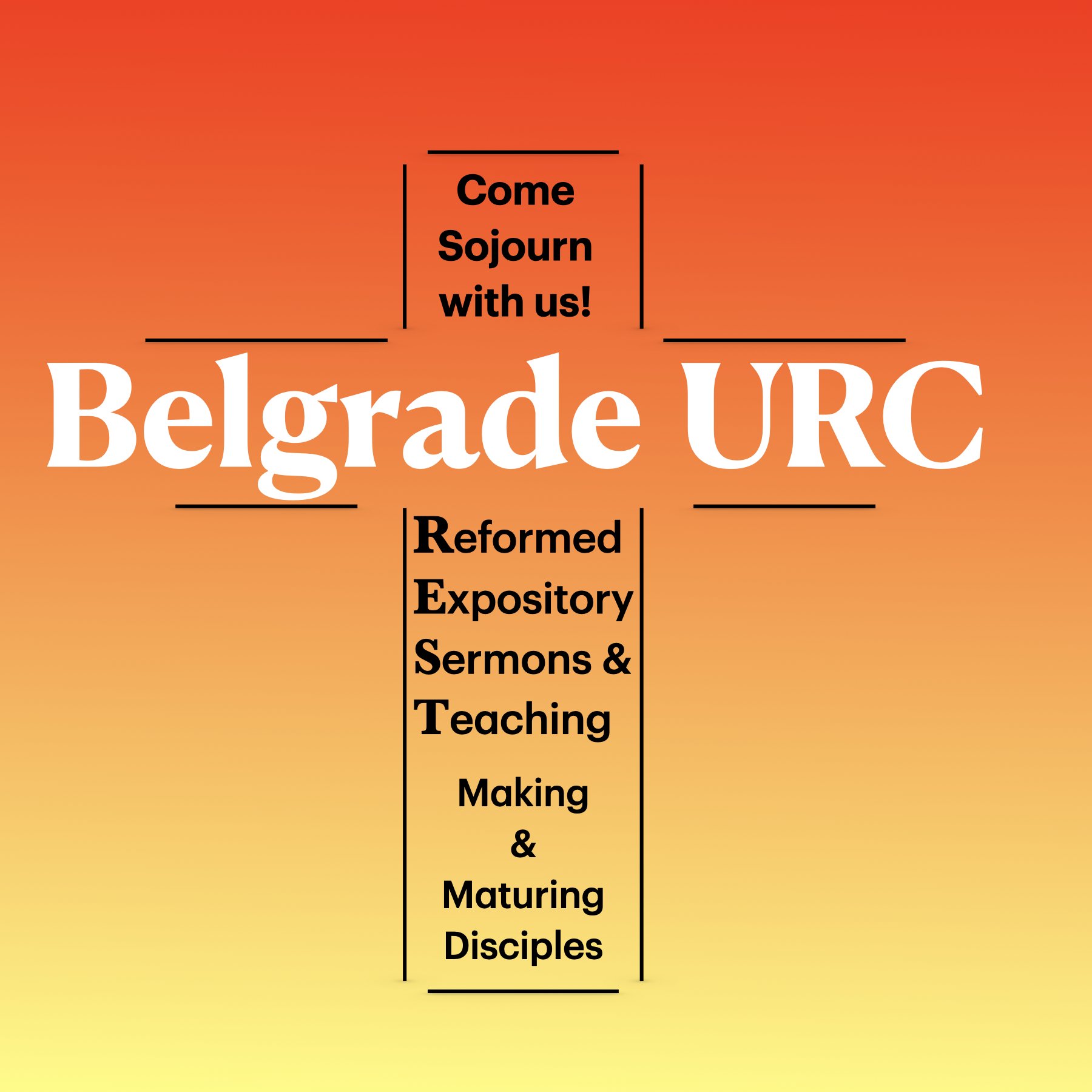
Can Faith Both Unite and Divide? (Luke 12:49-59)
Jesus’ mission is paradoxical because He unifies His people in faith and brings division at the same time. Christ is celebrated because he brings heavenly peace, but Christ declares, “I have not come to bring peace, but division,” because true peace is not the absence of conflict but submission to Christ as King. Families may be divided over their allegiance to Him, but His baptism of suffering and judgment secures His disciples who hear his word. Just as the Spirit’s fire empowered the disciples rather than consuming them in Luke’s second volume, Christ’s sacrifice enables us to stand in the final judgment as we already taste its cleansing power. He warns that while people can discern the weather, many fail to recognize the urgency of the gospel. Real faith is not about religious rituals or cultural Christianity but about embracing Jesus as Messiah, Savior, and King. By faith, we are transformed, aligning our hearts and lives with Him, not as perfect people but as redeemed ones who live for God’s glory. Let us judge for ourselves what is right as we discern the true words of our savior.

Our Advocate and New Mind (LD 18; Colossians 3:1-4)
Colossians 3:1-4 highlights Christ’s supreme position as the glorified God-Man, ascended to the right hand of the Father. Christ is seated as the glorified God-man. Contrasting heresies like Eutychianism and Nestorianism, which misunderstand the union of Christ’s divine and human natures, the text emphasizes the hypostatic union as essential to our redemption. Christ’s heavenly ministry as our advocate and intercessor ensures our sanctification and ultimate glorification, empowering believers to live victoriously in their union because Christ has guaranteed our triumph over sin and death.

Joyful Slaves under Sovereign Scrutiny (Luke 12:35-48)
The Christian life is based on the assurance in Christ’s finished work and a call to active, faithful service. Christ not only secures our righteousness, but he also transforms our hearts, empowering us to live as responsive, vigilant servants awaiting our Master’s return. Jesus presents these parables to challenge us to serve Him diligently, trust in God’s provision, and glorify Him in all things as we anticipate the fullness of His kingdom.

We Are Risen and Resurrected? (1 Cor. 15:45; LD 17
The resurrection of Christ guarantees and assures believers of redemption and transformation. While Christ’s resurrection has secured our victory over sin and death, Paul teaches in 1 Corinthians 15 that we are still awaiting the final fulfillment of that victory in the full physical blessings. The resurrection declares Christ as the Son of God and grants us righteousness, new life, and the hope of eternal glory. However, we continue to experience the struggles of a fallen world, living in the tension of the “already (taste redemption) but not yet (waiting for fully glory).” Christ, as the last Adam, reverses the effects of sin and death, offering us true life and a future physical resurrection. Even in the first century, doubts about the resurrection arose, but Paul emphasizes that without it, our faith and hope are meaningless. Through the Holy Spirit, Christ’s resurrection power is at work in us now, progressively transforming us as we faithfully anticipate the final triumph when Christ’s returns to bring in the new heavens and new earth. We will be raised in our resurrection bodies because Christ has been raised.

Be Happy: Sell Everything? (Luke 12:13-34)
The passage examines Christ’s teaching on wealth and priorities through a parable about inheritance and a rich man’s desire to secure his future through self-reliance. Christ rebukes his mindset that prioritizes earthly kingdom security in the place of the heavenly kingdom, making explicit that true provision comes from God. The parable of the rich fool highlights the danger of self-centered planning without seeking God’s wisdom to order one’s steps. While wise stewardship is encouraged, Christ warns against placing ultimate trust in earthly security. Instead, believers are called to seek God’s kingdom first, trusting that he will provide for their needs, just as he cares for creation. The reason for this is if God cares for the fading flower and the unclean bird how much more his children he has redeemed in Christ.

















